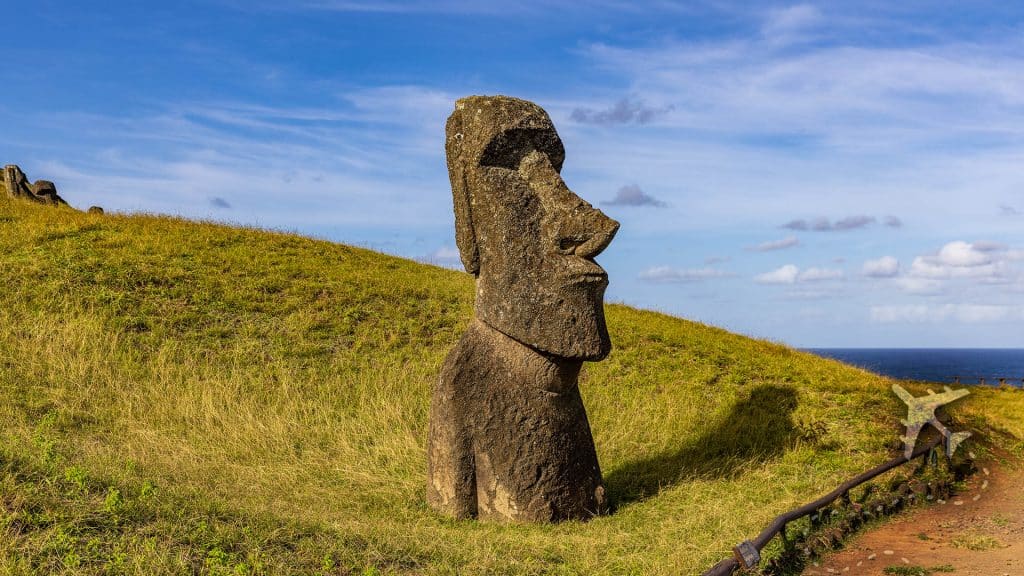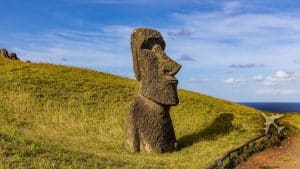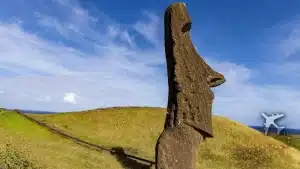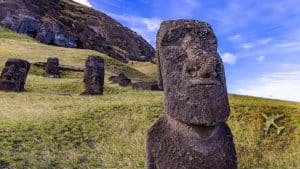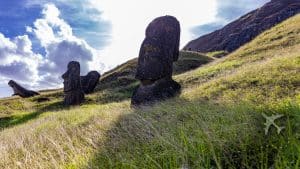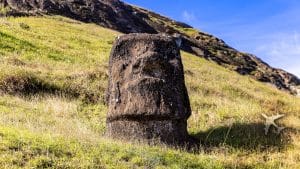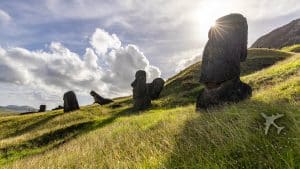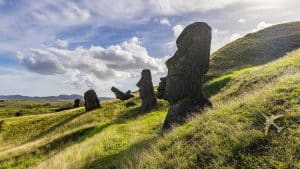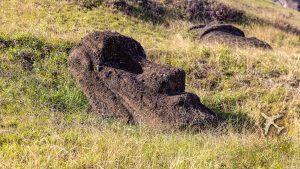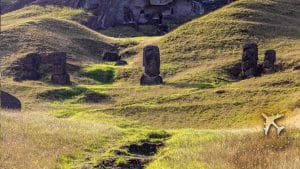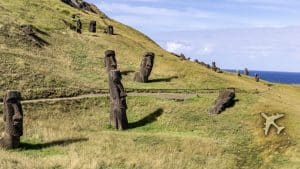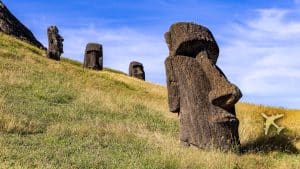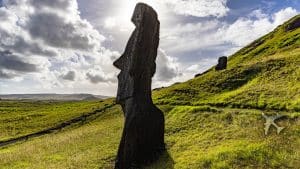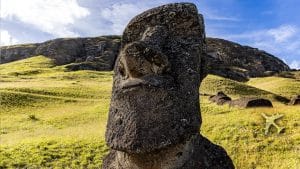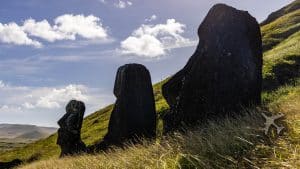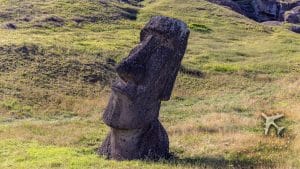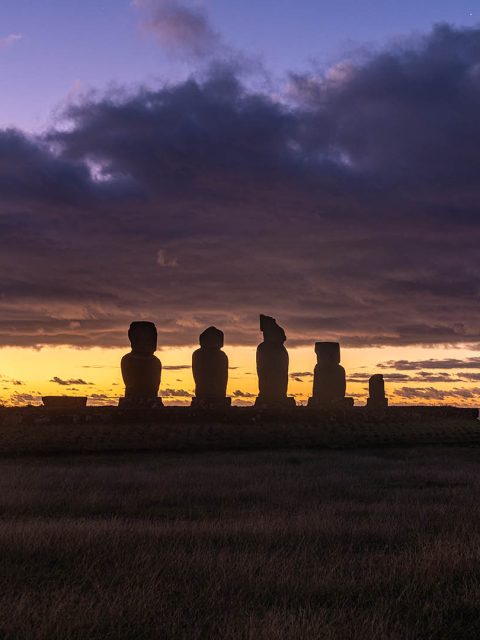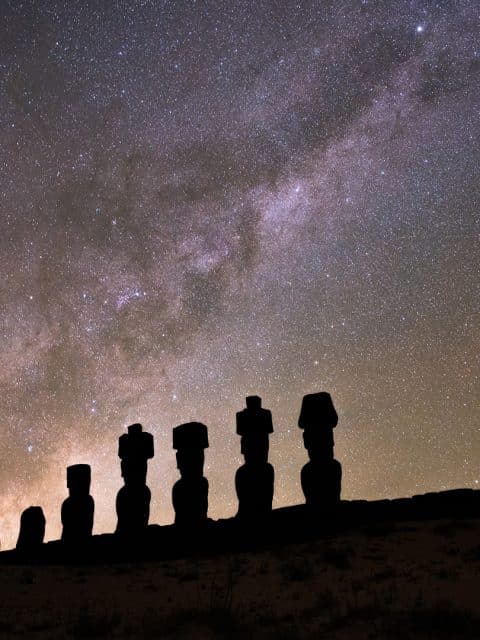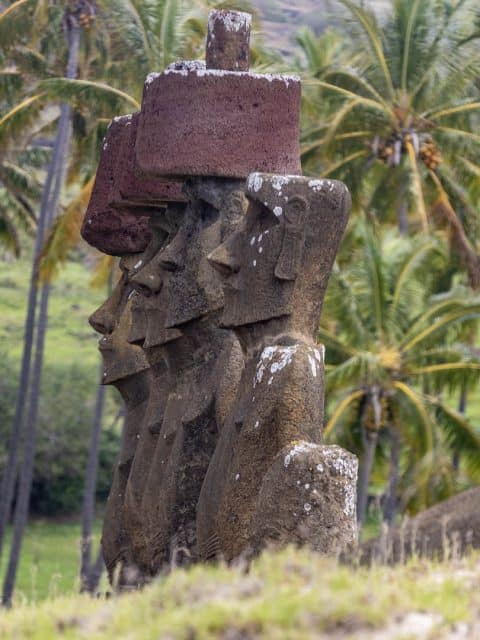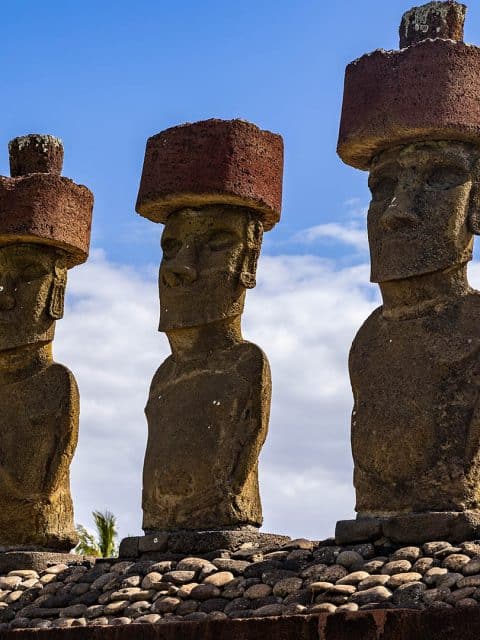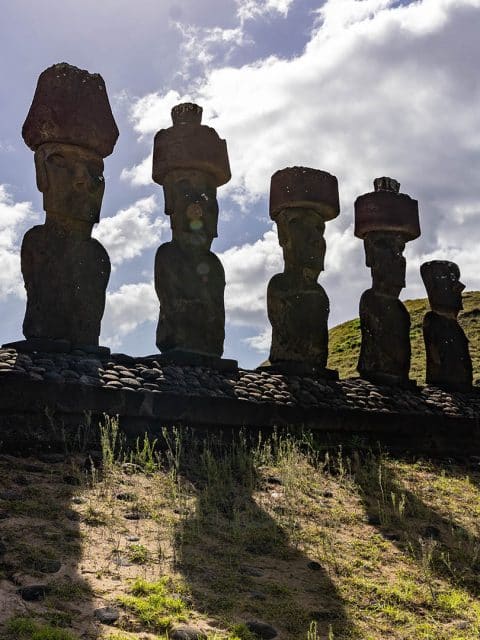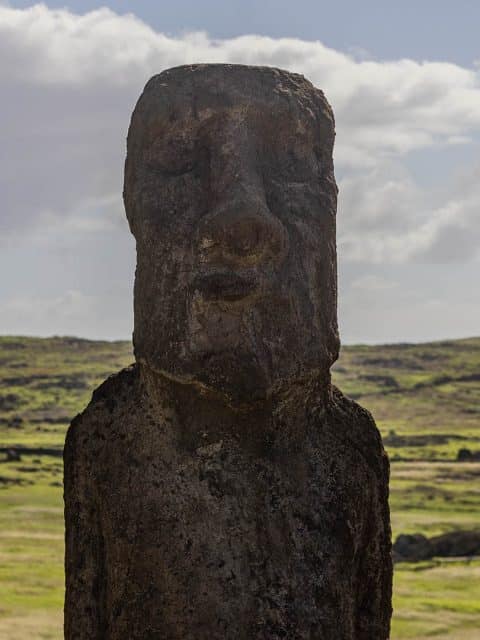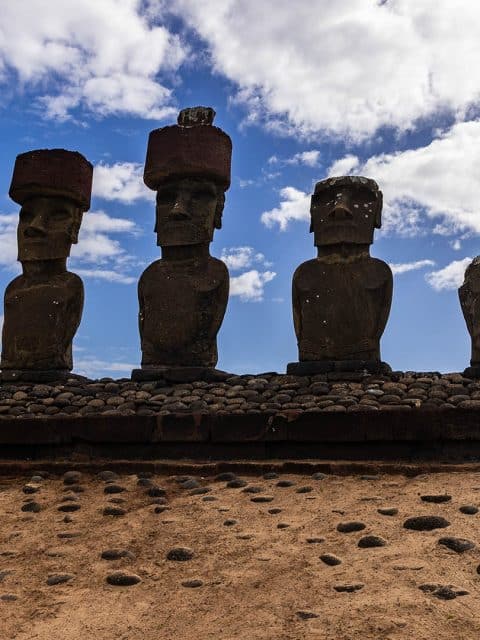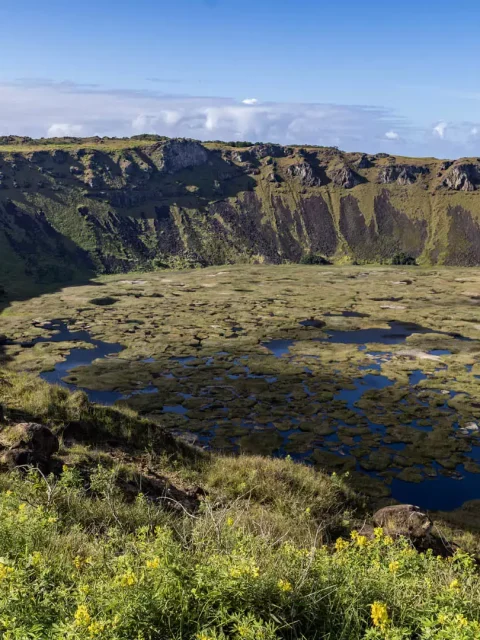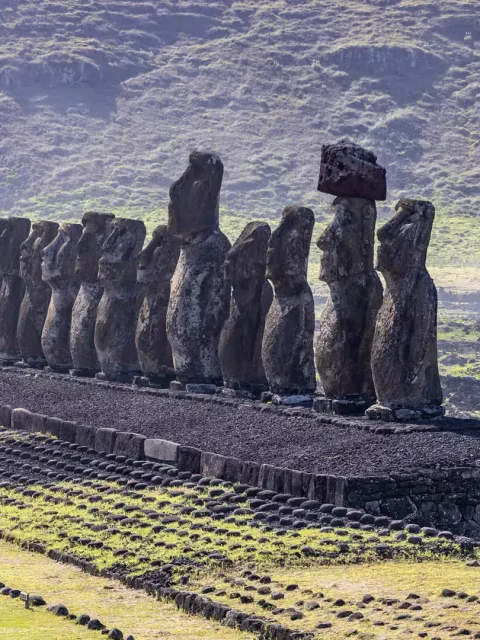Uncover the Secrets of Rano Raraku on Easter Island
Embark on a mesmerizing journey to Rano Raraku on Easter Island, where you can witness the birthplace of the iconic moai statues and delve into the fascinating history and artistic craftsmanship of this archaeological wonder.
Visitors should not miss the opportunity to visit Rano Raraku on Easter Island, as it offers a mesmerizing behind-the-scenes glimpse of how the remarkable craftsmanship of its ancient inhabitants created the statues that dot the islands’ landscape today. Rano Raraku is a volcanic crater that served as a quarry and was significant in creating the island’s cultural and historical iconic moai statues.
This site was the birthplace of many moai, where the ancient Rapa Nui people carved them out of volcanic rock. The quarry still retains numerous unfinished moai, some in various stages of completion, providing a fascinating glimpse into the ancient sculpting techniques and artistic craftsmanship employed by the island’s inhabitants. Exploring Rano Raraku allows visitors to immerse themselves in the captivating history of Easter Island and gain a deeper appreciation for the incredible efforts that went into creating these monumental figures.
The crater is scattered with moai statues of various sizes, some partially buried under layers of volcanic ash and others standing tall against the backdrop of the vibrant landscape. The setting is both mysterious and awe-inspiring, as the statues appear to emerge from the earth, creating a unique and surreal atmosphere. The panoramic views from the crater rim also offer breathtaking vistas of the surrounding area, including the azure waters of the Pacific Ocean and the lush vegetation that blankets the island.
Rano Raraku is an important archaeological site that sheds light on the island’s cultural heritage and the significance of the moai. It provides a valuable educational experience, with informative displays and signage explaining the historical context and archaeological findings. In addition, visitors can learn about the theories surrounding the purpose and methods of moai production and the beliefs and customs of the Rapa Nui people.
Through the viewfinder
Rano Raraku Uncensored
The Rano Raraku site is located on the northeastern side of Easter Island, not far from Ahu Tongariki. A marked path takes visitors on an easy hike up the side of the now-dormant volcano past dozens of moai, allowing visitors to get within 1 meter (3 feet) of these ancient statues.
Local guides provide exciting information and theories about how the moai were carved, moved, and eventually set in place to where they live today.
The site’s historical significance, awe-inspiring landscape, and insights into the island’s past allow visitors to appreciate the Rapa Nui people’s incredible achievements and cultural heritage. Rano Raraku is an archaeological marvel that will leave a lasting impression and provides a profound connection to the ancient world of Easter Island.
Frequently Asked Questions
No, Rano Raraku is dormant and was estimated to have last erupted 2.5 million years ago.
Overall, the Rano Raraku volcano is quite small, with a height of just 150 meters (490 feet) and circumference (at the rim) of 500 meters (1,500 feet) wide.
Archaeological evidence suggests that the moai were carved near horizontal and Rapa Nui people used gravity to slide the statues down the mountain. There are dozens of theories on how the moais were transported longer distances over flat surfaces.
Everything you need to know before you visit Rano Raraku
CURRENT WEATHER
scattered clouds (26 C / 79 F)AIR QUALITY
Moderate (82)GPS COORDINATIONS
-27.1266, -109.2886
HIGH SEASON (MOST EXPENSIVE)
December – March
LOW SEASON (LEAST EXPENSIVE)
April – November


